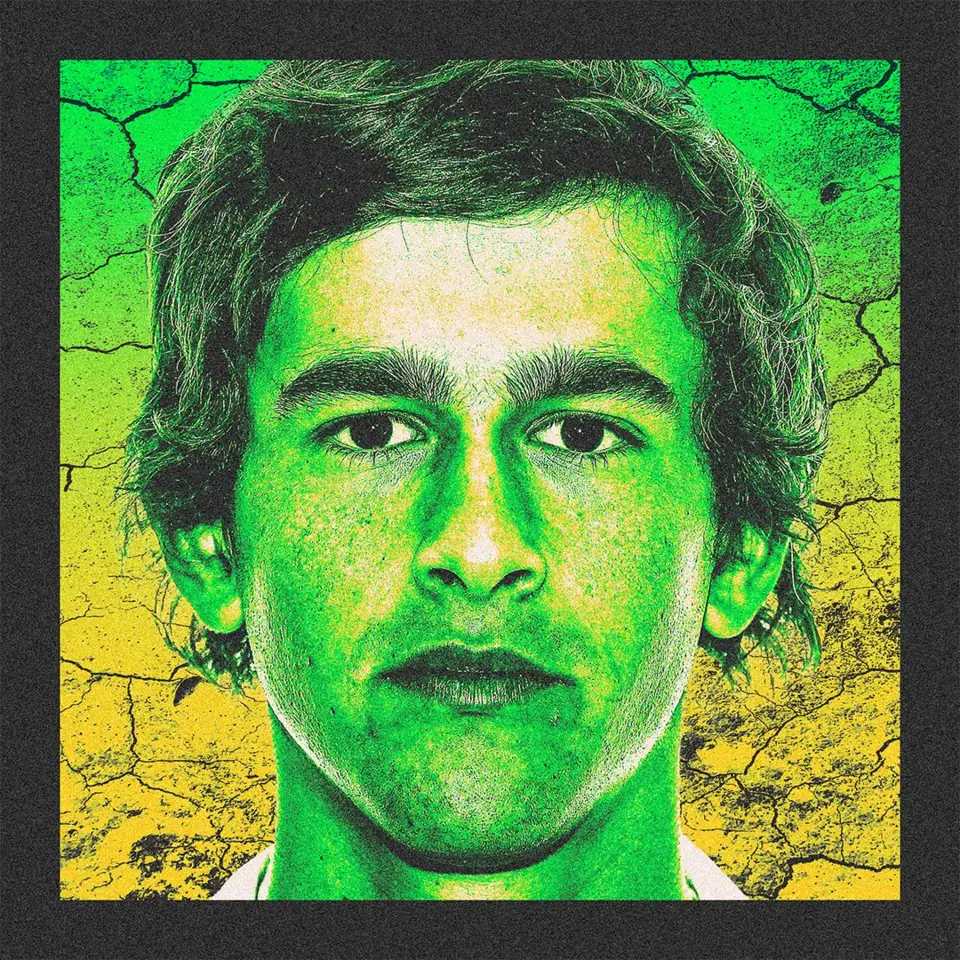
Agar’s Ashes Miracle: The Day a Teenager Stunned England
‘It Felt Like God’s Hand on My Brain’ – Revisiting Ashton Agar’s Unforgettable Ashes Debut
Some Ashes stories feel too wild to be true — and yet they happen anyway. In July 2013, at Trent Bridge, a 19-year-old kid who wasn’t even supposed to be on the tour produced one of the most extraordinary innings in Test history. A teenager who walked out at number eleven, in the middle of an Ashes crisis, and somehow played with the calm of a veteran and the daring of a dreamer.
Ashton Agar’s 98 on debut wasn’t just a fluke, or a feel-good surprise. It was one of those magical moments in cricket when pressure melts away, logic collapses, and something inexplicable takes over. Agar remembers the sensation vividly — a moment he described as “God’s hand on my brain”.
More than a decade later, his story still feels surreal. But like many great sporting tales, it begins far from the spotlight — not at Trent Bridge, not in Melbourne, not in a dressing room — but in a pub in Worcester.
A Teenager, a Pub, and a Life-Changing Sentence
Agar laughs when he remembers the moment Australia captain Michael Clarke leaned over to him and asked, “Are you ready to go, youngster?”
At first, he assumed Clarke meant moving on to the next bar. But Clarke wasn’t talking about drinks — he was talking about the Ashes.
“I knew exactly what he meant,” Agar told BBC Sport. “And I said yes. Completely. Without a doubt in my mind.”
At that stage, the young left-arm spinner had only just crept onto the fringes of the Australian setup. He’d played a handful of Sheffield Shield games. He’d toured India earlier in the year as a barely-known backup option. But Australian cricket was in chaos — the infamous homework scandal, a disastrous India tour, and a Champions Trophy exit that had David Warner throwing punches in a Birmingham bar.
When Darren Lehmann replaced Mickey Arthur as head coach just days before the 2013 Ashes, everything changed again. Nathan Lyon was the only frontline spinner in the squad. Agar wasn’t even meant to be there. He was scheduled to play club cricket for Henley, then link up with Australia A. But one strong impression at training was enough.
Two days before the first Test, chief selector Rod Marsh looked him in the eye and said, “Go call your parents. You’re in.”
Back in Melbourne, his mum cried, his dad couldn’t speak, and his brothers yelled down the phone. They boarded a flight that night. They made it to the ground with one minute to spare before Glenn McGrath handed Agar his baggy green.
A Quiet First Day… and Then the World Turned Upside Down
On day one, Agar bowled seven tidy, uneventful overs. Nothing sensational. Nothing hinting at what would follow. Peter Siddle dominated with a five-wicket haul as England were dismissed for 215.
But the more vivid memories from that day aren’t the wickets or the score. It’s the atmosphere.
“Jerusalem made my spine tingle,” he recalls. “You suddenly feel very small.”
Later, when Clarke was bowled by a bail-kissing outswinger from James Anderson — one of the finest deliveries of his career — Agar remembers the captain returning to the dressing room singing the Jimmy Anderson chant because it was stuck in everyone’s head.
By stumps, Australia were 75-4. By mid-morning the next day, they were 117-9. The Ashes were slipping away before they’d even begun. And a teenager walked out to bat with a nation shrugging and England hungry for the kill.
Agar’s first mission was modest: survive one ball. Avoid the golden duck. He blocked Graeme Swann, nudged a single, and suddenly… everything settled.
‘Like Seaweed Swaying Under the Ocean’
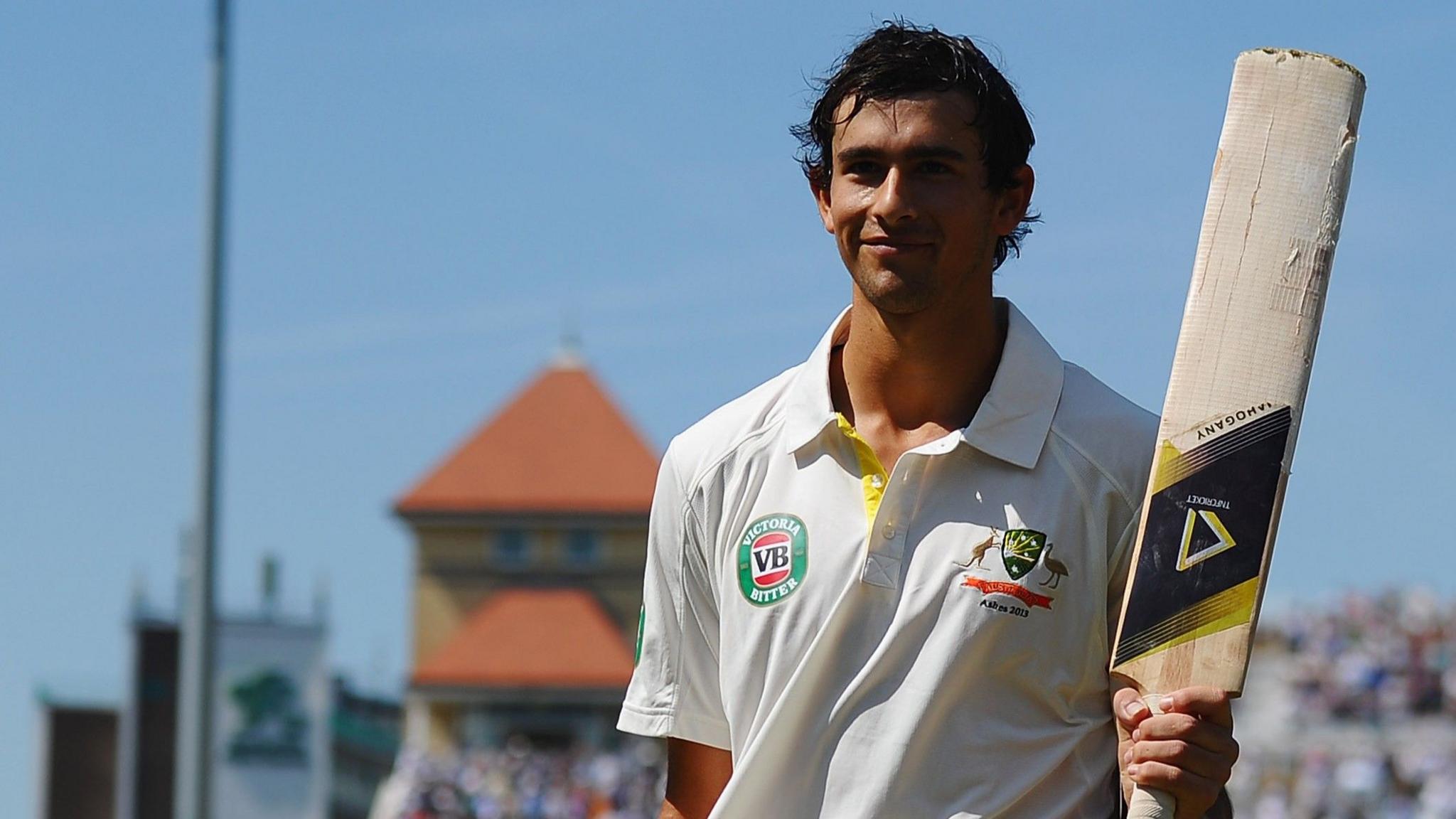
Ashton Agar acklowedges the crowd after scoring 98
As he stepped out of the noise and into his own world, Agar describes the crowd as moving like “seaweed under the ocean” — swaying, chanting, slightly out of sync, overwhelming.
But the moment he got through that first ball, a calm washed over him.
From then on, it was something close to supernatural.
He could have been stumped on six. He admits he got away with one. But what followed was one of the most astonishing displays of ball-striking the Ashes has ever seen.
Phil Hughes — batting at number six — began shielding him, until Darren Lehmann sent out a message telling Hughes to back the kid. Every ball, Hughes whispered: “Next one. Next one. Next one.”
Kevin Pietersen chirped. Anderson and Broad had their say. Prior tried to rattle him. But none of it mattered. Not to a 19-year-old living a dream too big to be shaken.
He drove Anderson down the ground with classical ease. He pulled Finn. He lofted Swann for six with the casual grace of someone unaware of the stadium he was in.
Soon, England were rattled. The partnership ballooned. Australian fans dared to hope. English fans, even in frustration, were smiling in disbelief.
His half-century came off 50 balls. Ian Botham said, “Well done, young man.” Then added, almost bewildered, “These are not the shots of a number 11.”
And they weren’t.
The Magical Zone: ‘God’s Hand on My Brain’
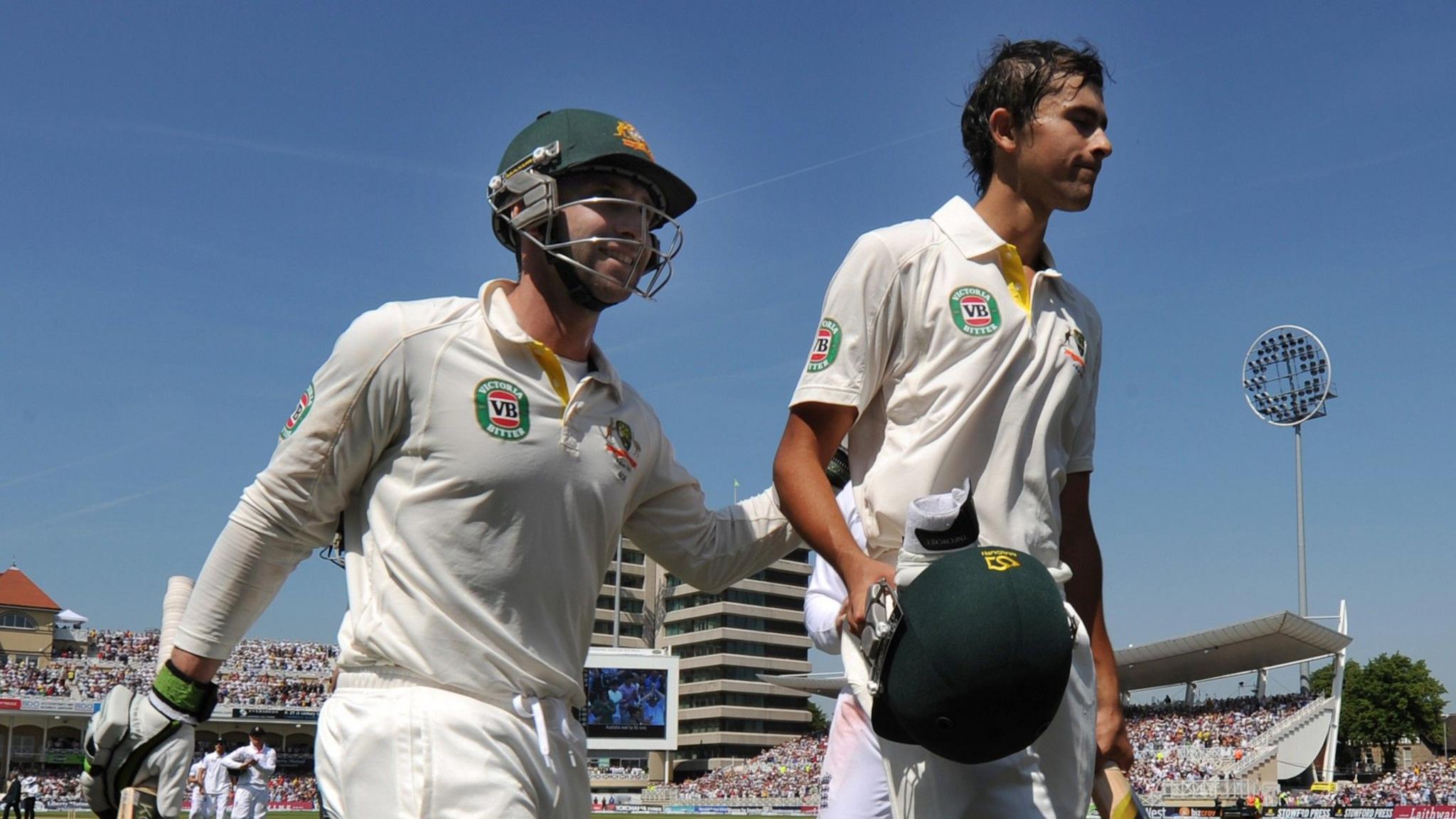
Ashton Agar, holding his helmet, walks off with Phillip Hughes
Agar’s description of what it felt like remains one of the most poetic testimonies in sport.
He thought of his family constantly. He saw them in the crowd after every ball. And then the rest of the world dissolved.
Ayrton Senna once described the feeling of entering a state of pure instinct — a state where something else seems to take over. Agar understood that now.
“It felt like God’s hand on my brain,” he said. “Like my subconscious was unlocked.”
He and Hughes erased the deficit. They set a new 10th-wicket partnership record. Agar passed 95, overtaking Tino Best for the highest score by a number 11 in Test history.
By then, even the England supporters were cheering him on.
At 98, he was one sweet hit away from a fairytale century. Stuart Broad banged in a short ball. Agar went for it, aiming to finish the way he’d played all morning. He mistimed, Swann took the catch, and a wave of disappointment rolled through the ground — from both sides.
He walked off with 98. No frustration. Just a half-smile. Proud. Overwhelmed. A teenager who’d just stolen the heart of a rivalry.
The Aftermath: Wickets, Controversy, and a Moment with the Queen
Agar did take two wickets in the match — Cook and Bairstow — but the one he didn’t take became Ashes folklore.
He was bowling when Broad edged to Haddin and Clarke, clearly caught, but didn’t walk. Aleem Dar gave it not out. Agar had already started celebrating. Broad stayed. England won the Test by just 14 runs.
Dar apologised the next morning. Agar laughed it off. “I wouldn’t have walked either,” he said.
The second Test at Lord’s was rougher — painful fingers, a crumbling action, a lonely experience for a young spinner out of rhythm. He was dropped afterward, relieved more than disappointed.
But one treasured memory came before he left Lord’s.
He met Queen Elizabeth II.
“She said: ‘This is your first time here, isn’t it?’ And I couldn’t believe she knew who I was.”
A Story Forever Marked by 98
Agar never played another Ashes Test. He played only three more for Australia. But that 98 — that dizzying, impossible, unforgettable 98 — became part of cricket history.
Even more poignantly, his batting partner that day, Phil Hughes, passed away the following year. Agar still carries the memory deeply.
He even made 98 himself in a club match just days after Hughes’ death — a coincidence too heavy to ignore.
“I never think about the two runs I didn’t get,” Agar says. “I’m just really happy for what happened that day.”
And so are cricket fans everywhere.
Because sometimes, in the middle of the fiercest rivalry in the sport, under the brightest lights and the heaviest pressure, a teenager appears. And for a few luminous hours, he plays the innings of his life — guided, perhaps, by something greater than nerves, skill or reason.
Something like a hand on the brain.















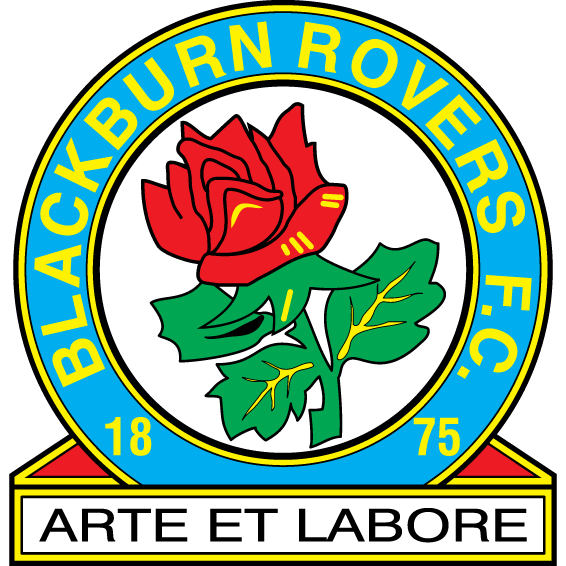














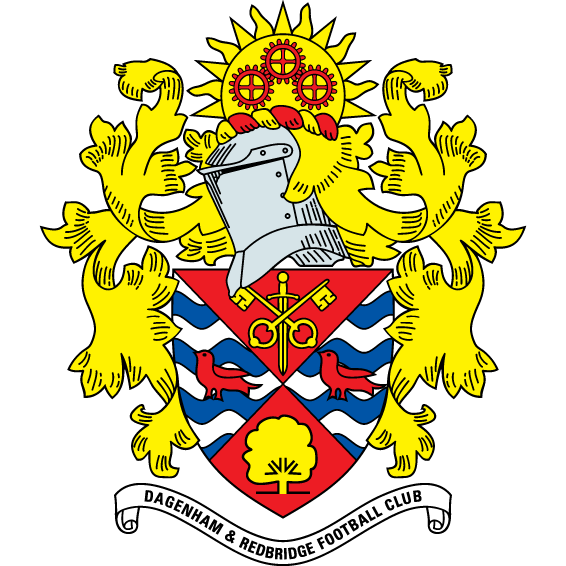






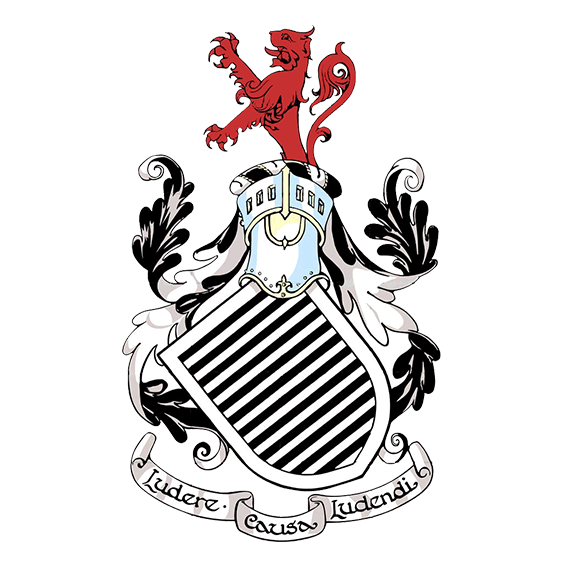



















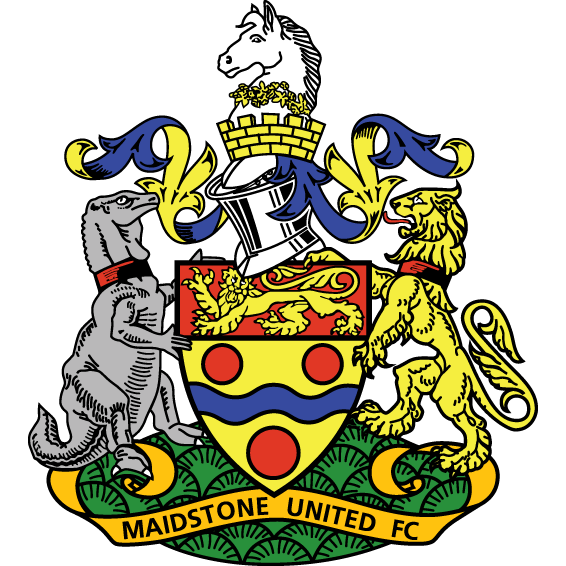






















































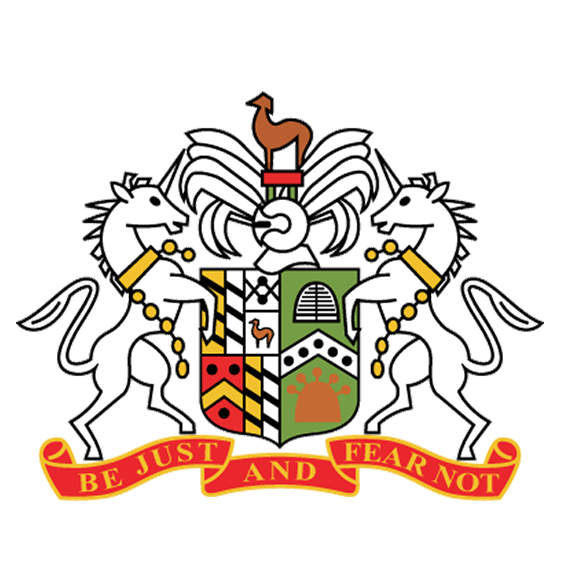
























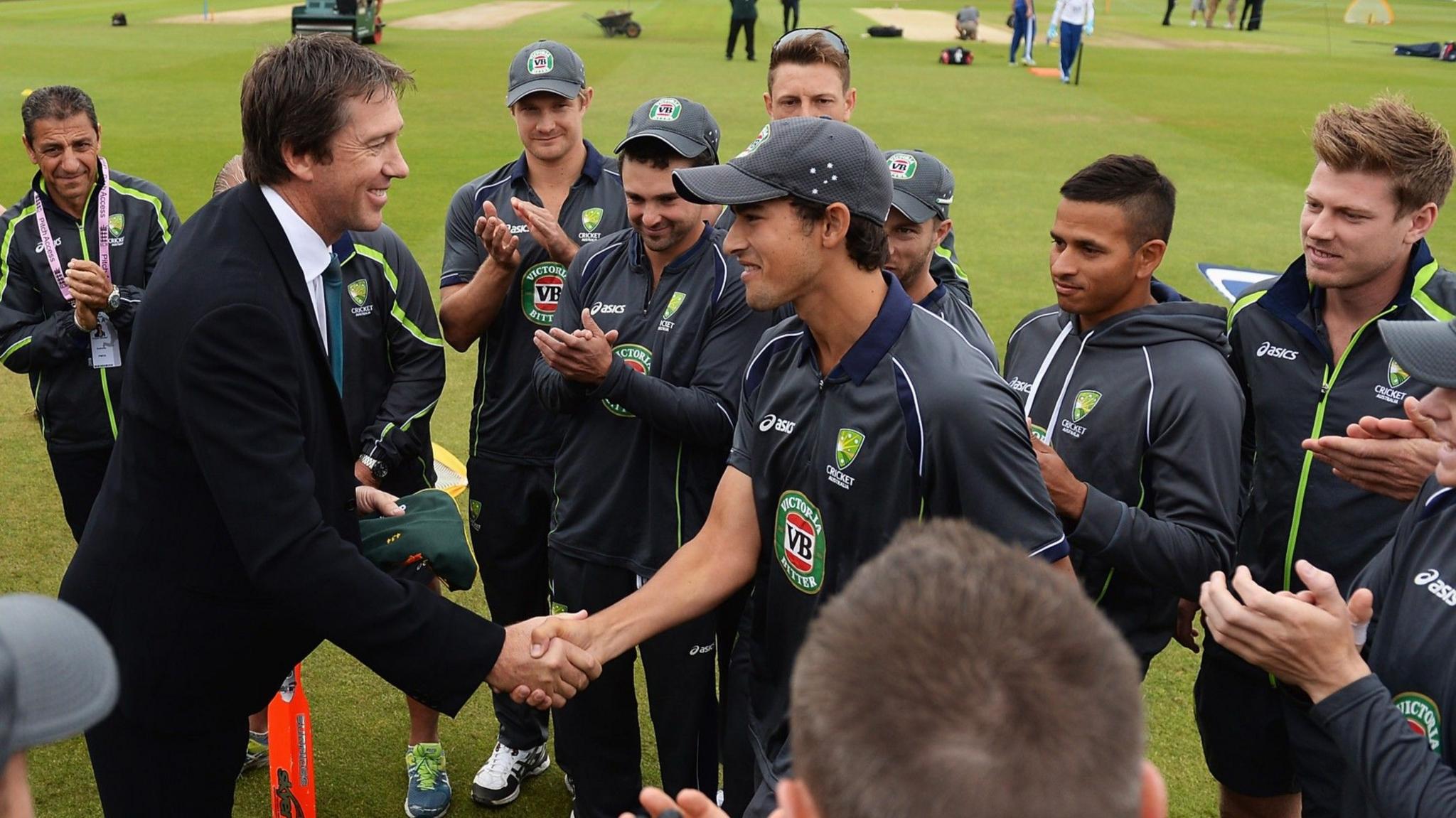























There are no comments yet. Be the first to comment!